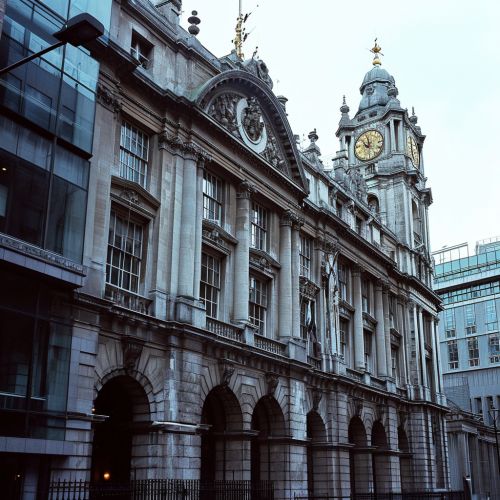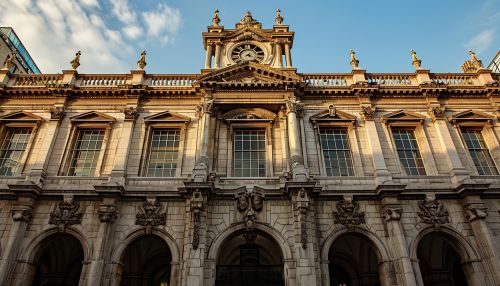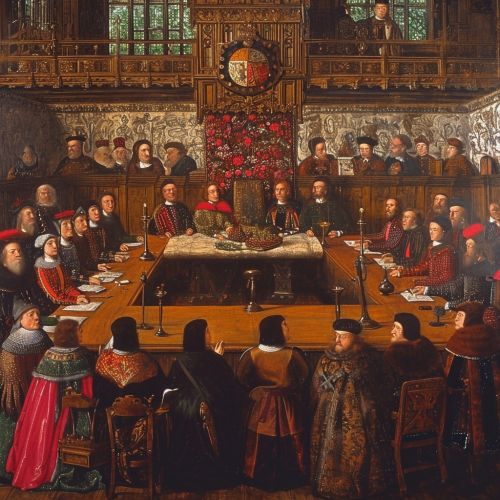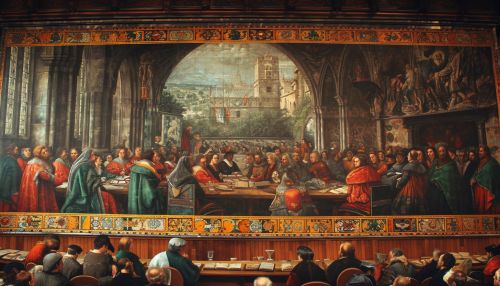1546 Establishments in England Discussion
Establishment of the Royal Exchange
In the year 1546, one of the most significant establishments in England was the Royal Exchange. The Royal Exchange was founded by Sir Thomas Gresham, a merchant and financier who was inspired by the bourse in Antwerp, Belgium. The Royal Exchange served as a center for commerce in the city of London, allowing merchants to meet and conduct business. It was a significant development in the history of English commerce and trade, marking a shift towards more organized and formalized trading practices.


Religious Establishments
1546 was also a significant year for religious establishments in England. This was during the period known as the Reformation, when the Church of England was undergoing significant changes. In this year, several religious institutions were established, including the King's College, Cambridge, which was founded by King Henry VIII. This college was intended to train clergy for the newly established Church of England, and it played a significant role in the religious and academic life of the country.
Political Developments
In the political sphere, the year 1546 saw the establishment of the Council of Wales and the Marches. This council was created by King Henry VIII as a means of governing Wales and the border regions of England. The council was responsible for maintaining law and order in these areas, and it played a significant role in the political development of Wales and the border regions.


Conclusion
The year 1546 was a significant one in the history of England, with the establishment of several important institutions. These establishments played a crucial role in the economic, religious, and political development of the country, and their influence can still be felt today.
